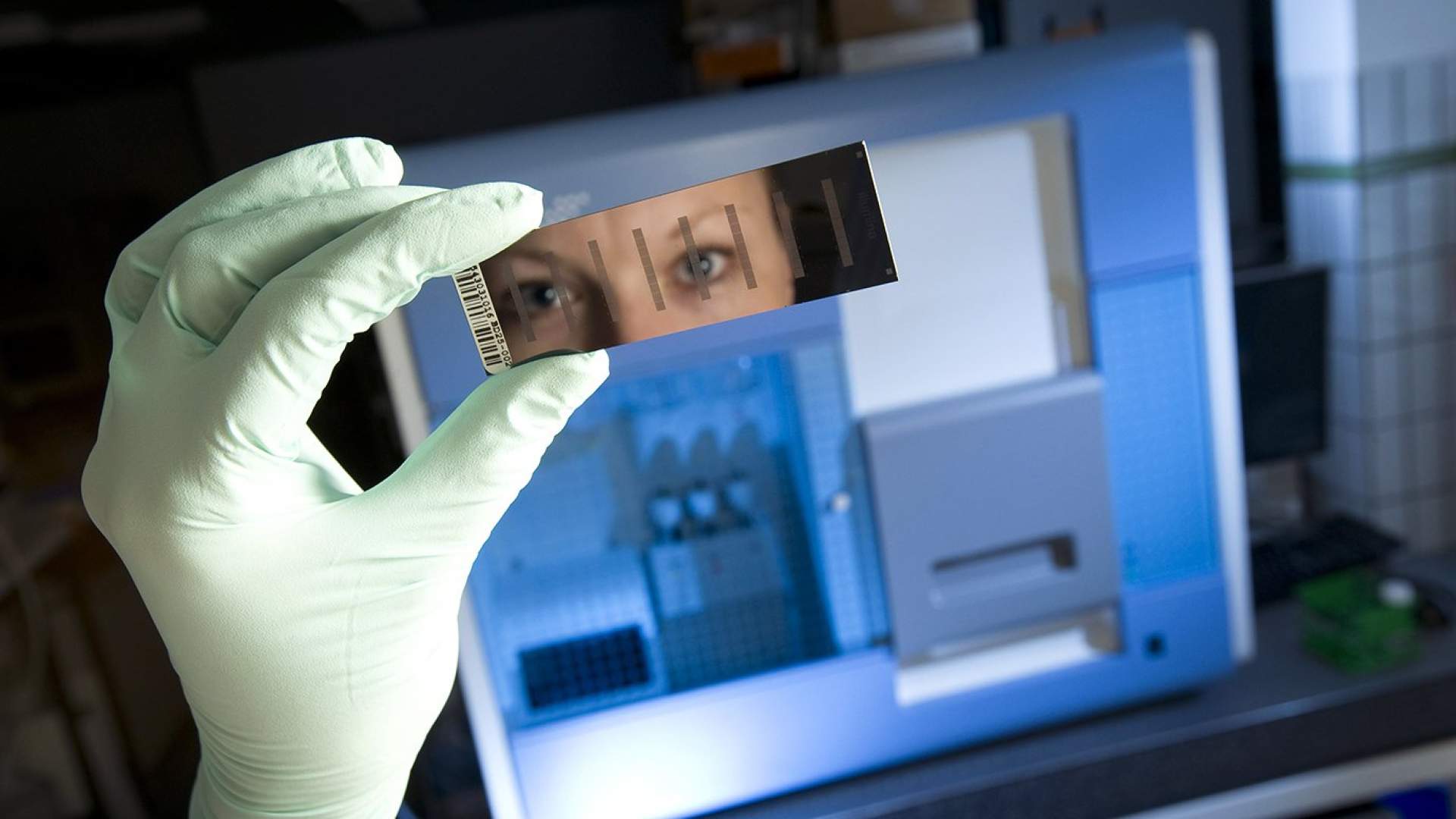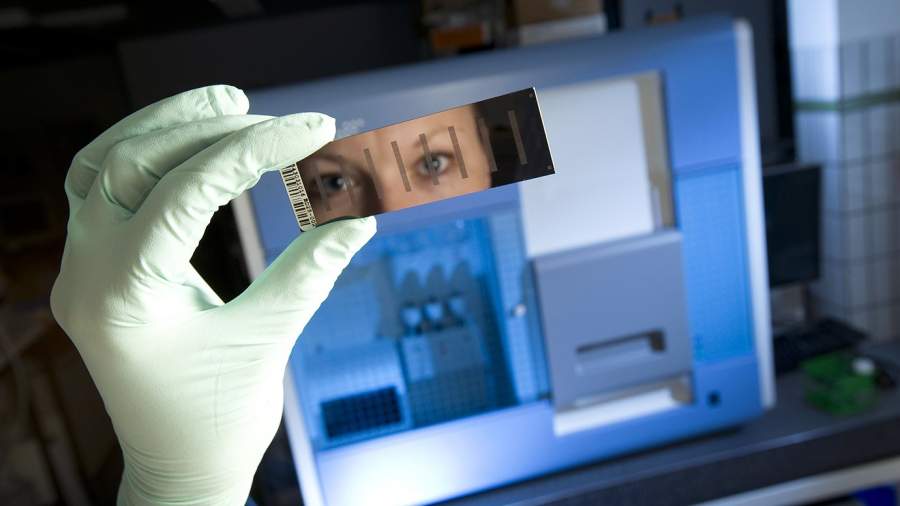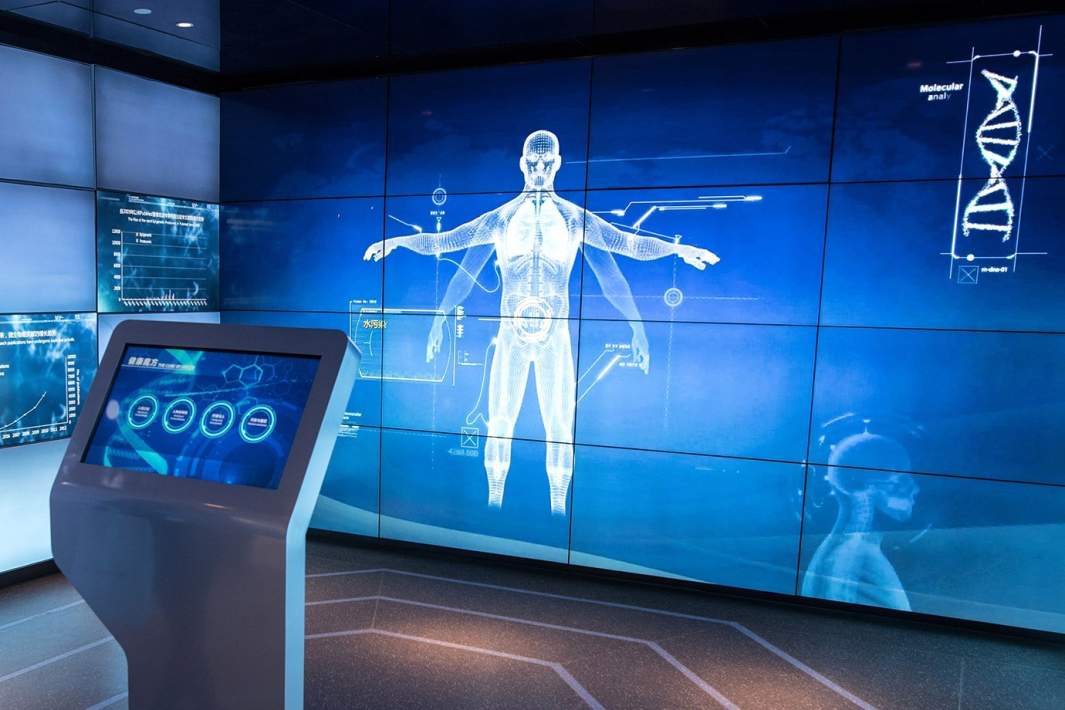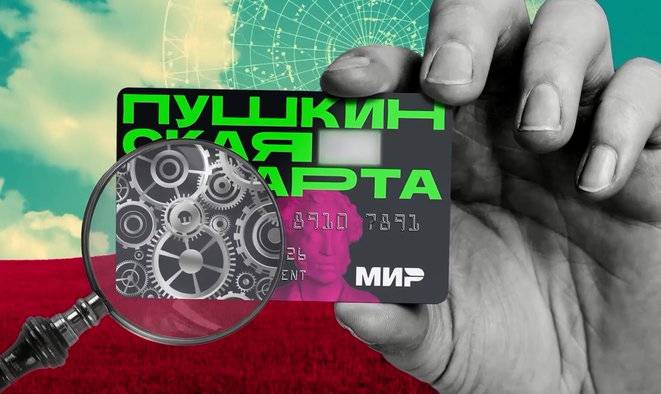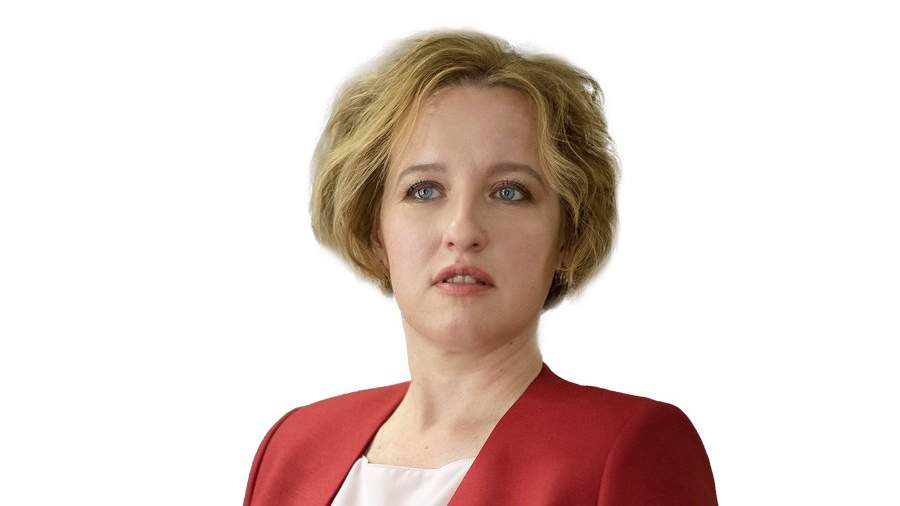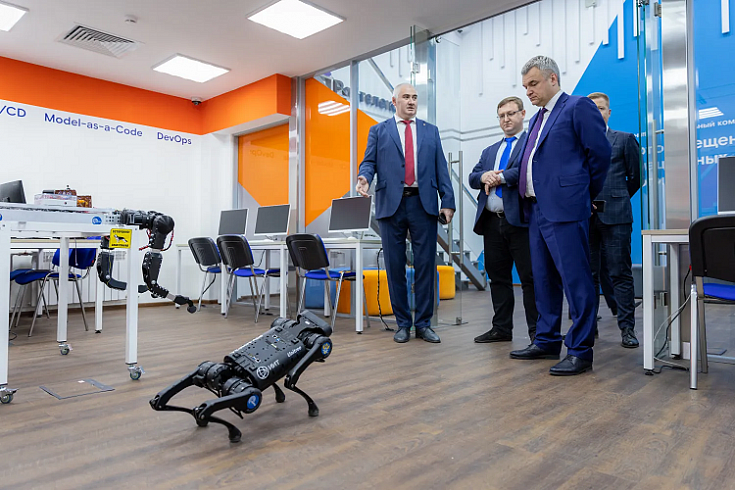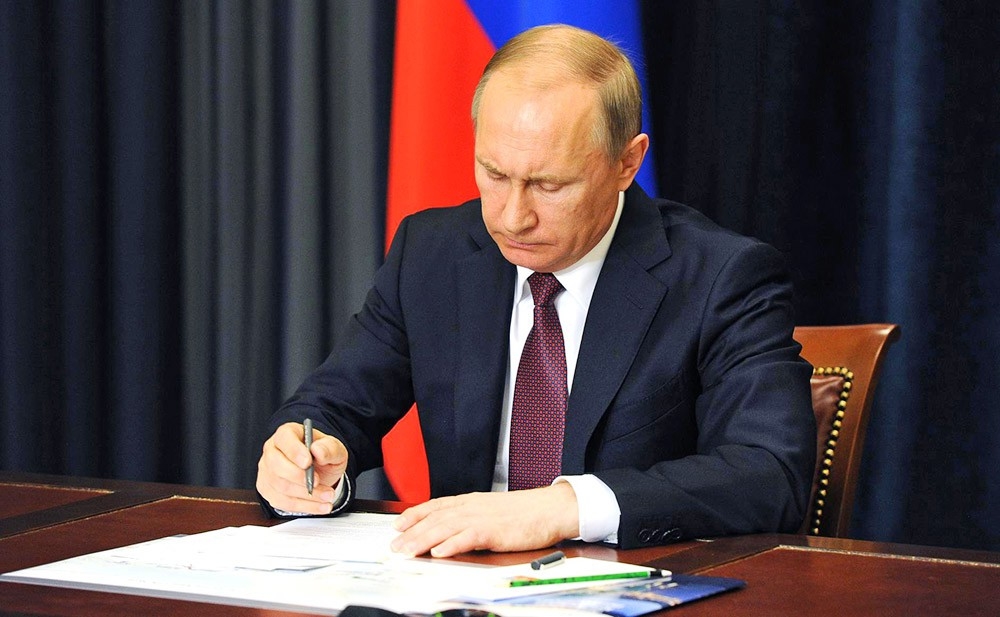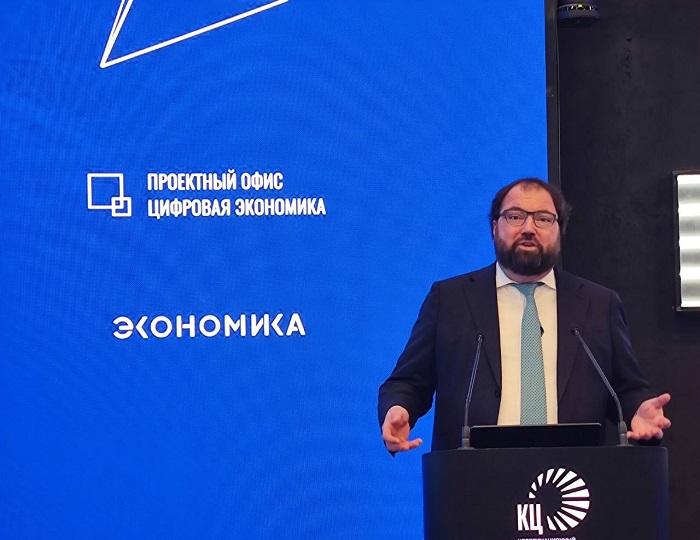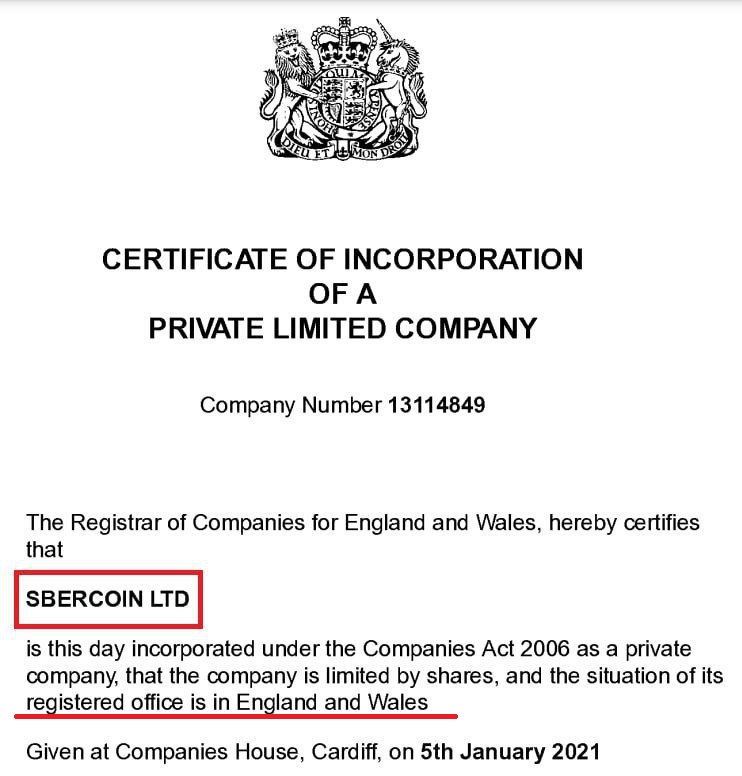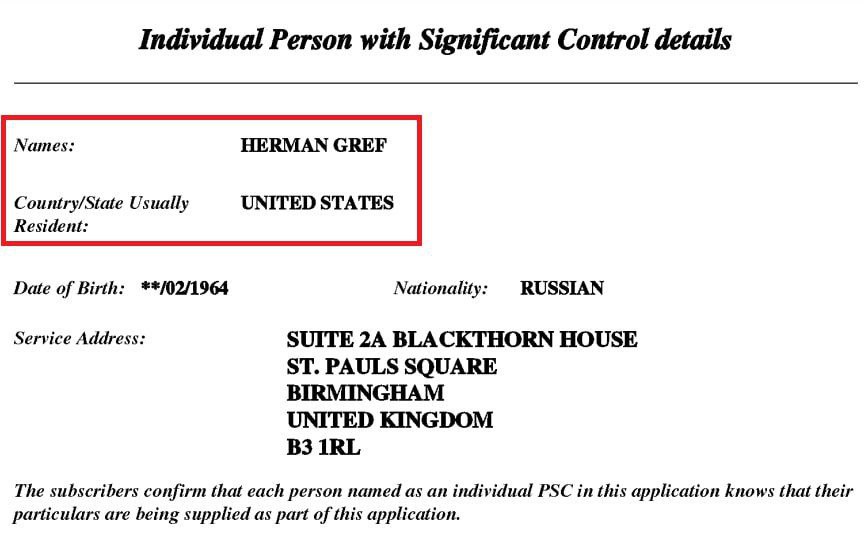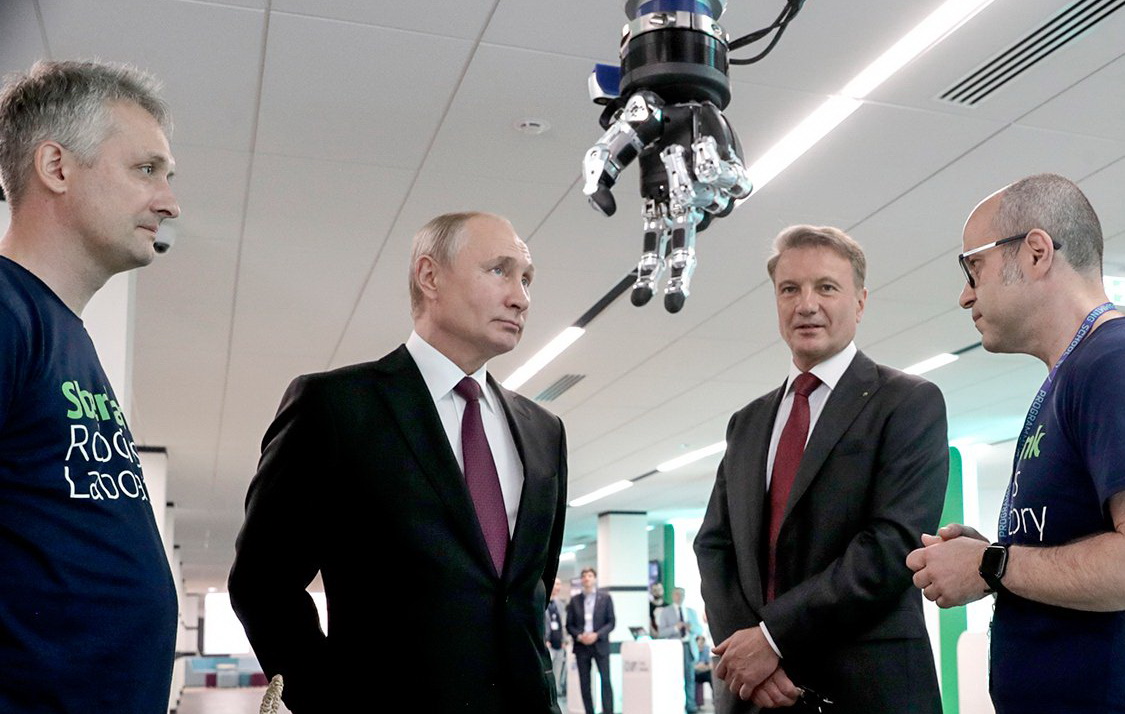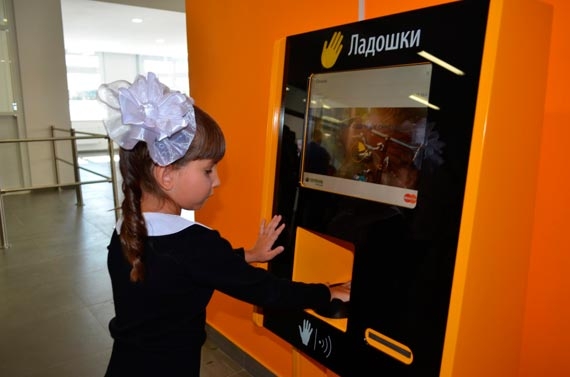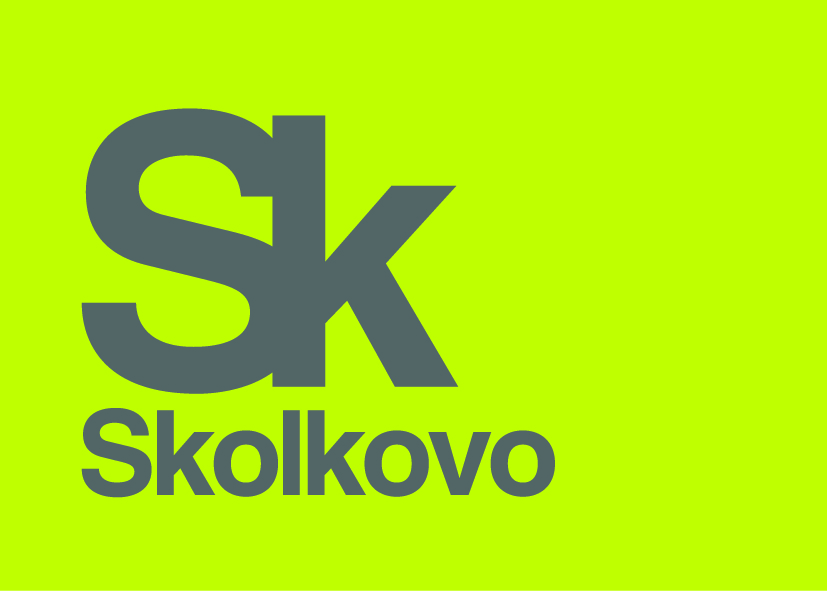russ-alt-press
_____________
December 19, 2022
QR CODES IN COMPARISON WITH THIS ARE A KINDERGARTEN, OR A SPECIAL OPERATION BY MIKHAIL MURASHKO AND ANNA POPOVA TO EMBED RUSSIA IN THE WHO "PANDEMIC AGREEMENT"
While the patriotic public was organizing resistance to the draft law on EBC, Mikhail Murashko, together with Anna Popova, conducted their own special operation, which eventually should introduce WHO/WHO standards in Russia in terms of mandatory registration of infectious diseases. The story progresses through a government decree, i.e. a regulatory legal act that does not require legislative confirmation. As usual, this is done "to protect the life and health of Russian citizens", who must be permanently rescued from all kinds of viruses and microbes with the help of mRNA drugs that change their genetics is not clear. There is no need to talk about the purpose of collecting biometric data: it will be fully transferred to WHO for "further use for the benefit of humanity."
The draft resolution is published on Regulaition.gov.ru (
https://regulation.gov.ru/projects#npa=134372 ) and its first item approves the Rules for maintaining the federal register of Persons with infectious Diseases – the vertically integrated medical information system "Infectious Diseases". At the same time, the project introduces amendments to the Regulation on the Unified State Information System in the Field of healthcare, approved by Government Decree No. 140 of February 9, 2022, 2 (two) weeks before the start of its. According to the idea of P.3.a. The registry ensures the fulfillment of the main function: collecting, processing, storing and providing information about persons with infectious diseases
and suspected infectious diseases. I.e., only suspicion is enough to add a person to this proscription list. The task of item 3.e. "formation of data on the immunoprophylaxis of infectious diseases" stands separately.
It turns out that it is this function that provides docking with WHO "vaccine passports". After all, this is the main thing: everything is tied to those who will be suppliers and users of the Registry, as well as how they will get access to the collected data. D p.12 defines this circle: "the organization of information interaction of participants is carried out, including through a Single portal of state and municipal services."
Clause 5 of the Rules says that the Registry will be maintained by its operator. He alone is the Murashko Ministry of Health. The duties of the operator are defined in clause 11. It should be given in full:
The Register Operator provides:
a) maintaining the Register in accordance with the legislation of the Russian Federation on information, information technologies and information protection;
b) the functioning of the Register, including the operability of its software and hardware;
c) operation and development of the Register, including in terms of maintenance of technical and software;
d) reception, storage and provision of data, as well as verification of posted information;
e) integrity and availability of Register data for participants of information interaction;
f) protection of information created and processed within the framework of the operation of the Register, in accordance with the requirements established by the legislation of the Russian Federation;
g) development and coordination with the federal executive authorities, which are information providers, of regulations for the transmission in a protected form of information submitted at the request of the Register operator;
h) coordination of the submission of information to the Register by information providers;
i) protection of the information contained in the Register in accordance with the requirements established by the Federal Security Service of the Russian Federation and the Federal Service for Technical and Export Control;
j) establishment of requirements for the organization and measures for the protection of information contained in the Register;
l) granting access to the Register with the differentiation of the corresponding access rights;
m) methodological support on issues of technical use and information content of the Register.
You can not say more precisely: the protection of information is exclusively under the jurisdiction of the Ministry of Health, as well as the distribution of access rights, the organization of regulations for the collection and distribution of information. But in addition, the Ministry of Murashko wants to take over the development of software and the purchase of technical components of the Registry. Thus, medicine is being taken out of the control of the special services of Russia, becoming a supranational sphere regulating the lives of citizens of the country, including their civil rights, which are "reset" by the very existence of the Registry. The only thing that pleases is that the Ministry of Health will not physically cope with all these functions. But Maksud Shadaev from the Ministry of Finance and Anna Popova with Rospotrebnadzor will rush to his aid. Of course, the amount of information given in Appendix 2 to the Rules will interest anyone. Here are its three main categories:
General information about a person with an infectious disease:
a) surname, first name, patronymic (if any);
b) gender;
c) date of birth;
d) place of birth;
e) citizenship (in the absence of a "stateless person" is indicated);
f) the address of the actual place of residence (stay), including the locality, district, street, house, apartment (individual, communal, dormitory);
g) registration at the place of residence (stay) (indicated on the basis of an identity document);
h) SNILS (if available);
i) CHI policy (if available);
j) a document certifying the identity of a citizen, a foreign citizen or a stateless person (the series and number of the passport (birth certificate) or the details of another identity document are indicated);
l) subscriber phone number;
m) disability (if any),
h) places of work and/or study.
Medical information about the patient:
a) date and time of occurrence of clinical symptoms;
b) date of initial treatment, diagnosis (the ICD code is indicated);
c) the date of the final diagnosis, diagnosis (the ICD code is indicated);
d) information about the provision of emergency medical care;
e) information about the provision of outpatient medical care;
f) date of hospitalization of the patient;
g) the presence of concomitant diseases;
h) information about the surveys and studies carried out;
i) information about the ongoing treatment;
j) information about the applied clinical recommendations and procedures for providing medical care in the case of the disease;
l) information about prescribed medications;
m) information about the outcome of the disease;
h) information about the epidemiological history;
o) in case of death – information about the medical certificate of death;
p) information on the implementation of primary epidemiological measures;
p) date and hour of sending the emergency notification, registration number;
c) the date and hour of the initial alarm about the case and suspicion of the disease to the organization subordinate to Rospotrebnadzor (surname of the person who received the message)
Information about the examination of the patient for the presence of pathogens of infectious diseases, their results:
a) the date of collection of biological material;
b) biological material used for diagnostic examination;
c) information about the medical organization in which the biological material was collected;
d) the date of the study;
e) information about the medical organization in which laboratory tests were conducted;
f) information about the test system (manufacturer, method);
g) the result of the study for the presence of infectious diseases;
h) results of strain sequencing (if available);
i) etiology (the causative agent is indicated);
j) the order number of the medical organization in which the laboratory study was conducted (if any).
It is not difficult to guess that it is the last point that makes it possible to collect the genetic material of citizens under the guise of resistance to pandemics and epidemics.
Finally, it's worth seeing who in Russia Murashko is going to give the opportunity to use this data from the Registry. Based on clause 12 of the Rules, the participants of the information exchange are the Register operator, suppliers and consumers of information. Everything is clear about the operator. Data providers based on clause 13 are:
a) medical organizations;
b) The Federal Tax Service;
c) THE Ministry OF Internal Affairs;
d) Rospotrebnadzor;
e) FOMS;
f) FPiSS;
g) executive bodies of the subjects of the Russian Federation in the field of public health protection;
h) FO in accordance with the powers established by the legislation of the Russian Federation.
In turn, users of information from the Registry:
a) Ministry of Health;
b) The Ministry of Digital Development;
c) Rospotrebnazdor;
d) Federal Medical and Biological Agency;
e) FSIN;
f) FOMS;
g) executive bodies of the subjects of the Russian Federation in the field of public health protection;
h) local self-government bodies of municipal districts, municipal districts and urban districts exercising powers in the field of health protection;
i) medical organizations.
The role of the participation of the Ministry of Digital Development is unclear, but only until the moment when, with the adoption of the new law on the EBS, it determines the possibility of selling any information from the Register "to the left" to any "authorized" consumer, regardless of the form of his ownership. It is Shadaev who will be officially engaged in this market. In turn, paragraphs g), h), and i) define specific channels for the leakage of personal information.
Several conclusions. The text of the Rules has not been worked out, it does not guarantee the safety and security of personal data. The circle of participants is determined "on the knee". The role of State security services is not deterministic. The functions of the Ministry of Health are not enough to solve even a small part of the tasks set.
And most importantly, the document fully integrates Russia into the WHO "pandemic agreement" system, which introduces worldwide vaccination passports and ensures control over the genetic material of the human population. In fact, it can be assumed that the globalists of the "local spill", diverting the attention of deep Russia to the law on the EBS, are trying to push through an equally dangerous document in the form of a government decree. It's time to work on it.""
- - -
По итогам саммита «большой двадцатки» в Индонезии принята Балийская декларация лидеров «Группы двадцати».

kremlin.ru
Bali Declaration of the Leaders of the Group of Twenty
As a result of the G20 meeting in Indonesia, the Bali Declaration of G20 leaders was adopted.
November 16, 2022, 13:15
"…
22.
We recognize that a broad immunization campaign against COVID-19 is a global public good, and will continue efforts to ensure timely, equitable and universal access to safe, affordable, high-quality and effective vaccines, therapeutic and diagnostic tools (VTD). Confirming the adoption of the Ministerial Declaration on the WTO Response to the COVID-19 Pandemic and Preparedness for Future Pandemics and the Ministerial Decision on the TRIPS Agreement at the 12th WTO Ministerial Conference (CM‑12), we note that no later than six months from the date of the Ministerial Decision on the TRIPS Agreement, WTO members will decide to expand Its scope is to cover the production and supply of diagnostic and therapeutic agents for COVID-19. We remain committed to implementing a cross-sectoral “One Health” approach and strengthening the global surveillance system, including genomic surveillance, in order to identify pathogens and antimicrobial resistance (AMR) that may pose a threat to human health. To ensure global surveillance of pathogens, as part of our commitment to the IHR (2005), we encourage the timely exchange of pathogen data through shared trusted sites in collaboration with WHO. We call for the sharing of benefits arising from the use of pathogens, in accordance with applicable national legislation.
23
. We recognize the need to strengthen local and regional health product manufacturing capacity and cooperation in this area, as well as sustainable global and regional research and development networks to facilitate access to VTD worldwide, especially in developing countries, and emphasize the importance of public-private partnerships, technology transfer and exchange knowledge on voluntary and mutually agreed terms. We support the work of the WHO Technology Transfer Center for the Production of mRNA-based Vaccines, as well as all recipients in all regions of the world, in order to exchange technologies and technical practical knowledge on voluntary and mutually agreed terms. We welcome joint research and joint production of vaccines, including increased cooperation among developing countries. We reaffirm the importance of uniform technical standards and verification methods within the framework of the IHR (2005) to facilitate unhindered international travel, interoperability and recognition of digital and non-digital means, including confirmation of vaccination. We support ongoing international dialogue and cooperation to create reputable global digital health networks as part of efforts to strengthen prevention and response measures against future pandemics, which should use and build on the success of existing standards and digital certificates for COVID-19. ..."
